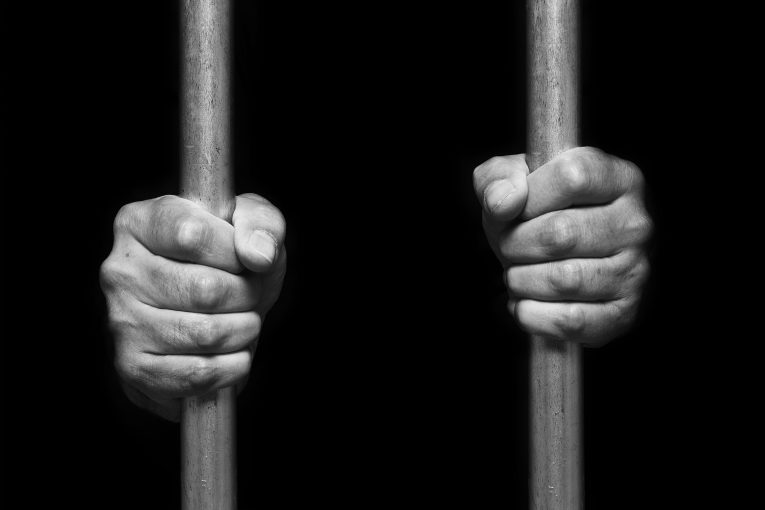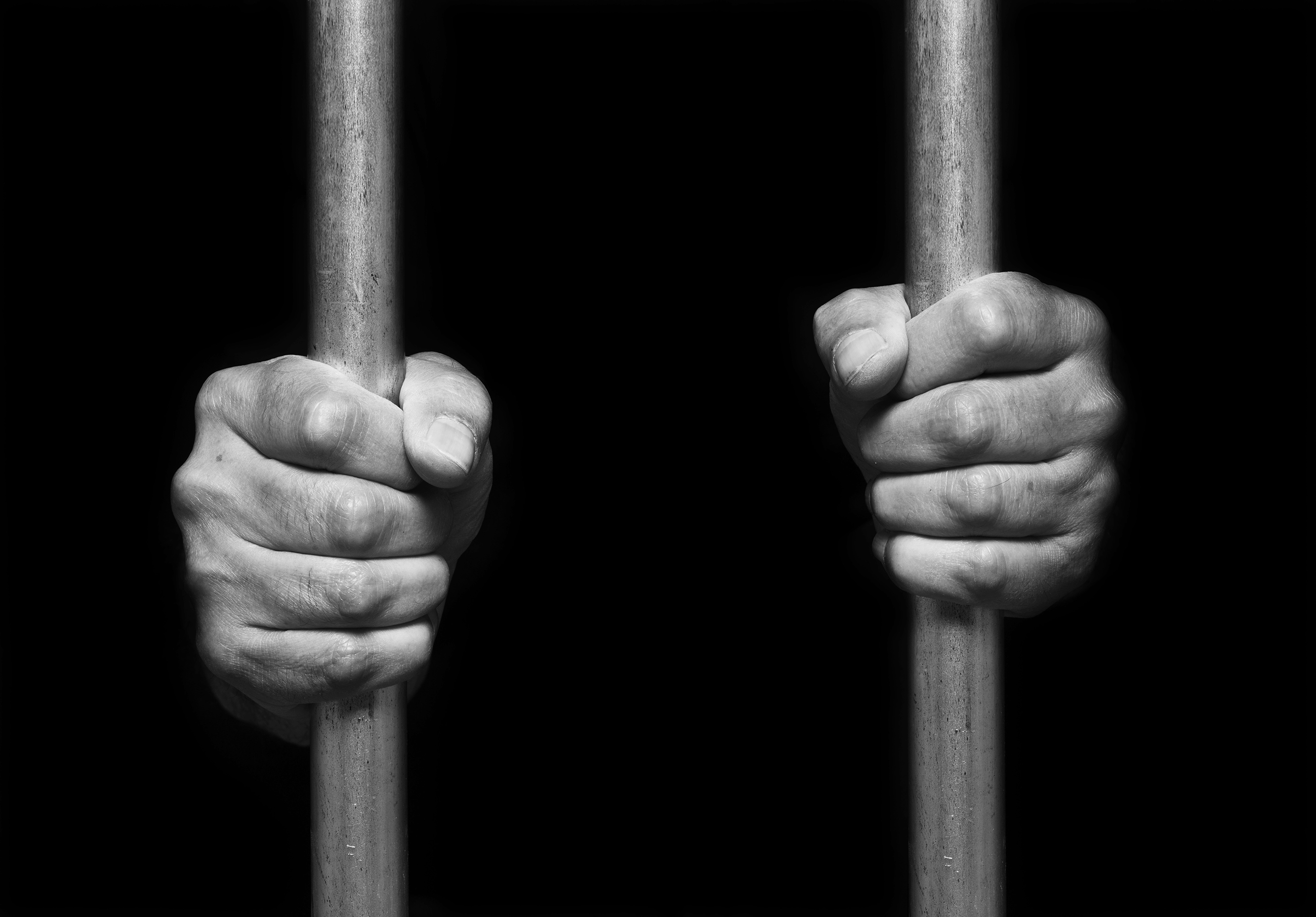
 The 18-year-old who committed his horrible crime is dead. I’m now a 40-year-old seeking redemption
The 18-year-old who committed his horrible crime is dead. I’m now a 40-year-old seeking redemption
by Brandon J. Baker
To understand life without the possibility of parole (LWOP), we must acknowledge what it is: a hopeless imprisonment preceding death.
While many people advocate for abolishing the death penalty, they often overlook LWOP sentences, which are simply another type of death penalty.
While capital punishment has been scaled back across the U.S. over time, life sentences have increased four-fold over the past two decades, according to The Sentencing Project. LWOP sentences specifically increased by nearly 60% from 2003 to 2016. Roughly 53,000 people in American prisons are serving LWOP. And that number doesn’t include the nearly 44,000 people in prison who are serving virtual life sentences of 50 or more years. While virtual life sentences don’t relegate someone to prison forever, the sentences are so long that it’s unlikely you will live outside of prison again. Combined, the U.S. has more than 200,000 people serving these ultra-lengthy sentences.
prison who are serving virtual life sentences of 50 or more years. While virtual life sentences don’t relegate someone to prison forever, the sentences are so long that it’s unlikely you will live outside of prison again. Combined, the U.S. has more than 200,000 people serving these ultra-lengthy sentences.
The goal of life without parole is to make someone die in prison. But you can already argue that incarcerated people are symbolically dead to the broader public — locked away, out of sight, out of mind.
Prison is a cruel purgatory. In here, the most abominable sinner can become an admirable saint only to spend eternity in a bottomless pit of unforgiveness. This is the essence of hell on earth and the profound injustice of LWOP. It means that a person is not deserving of a second chance, regardless of the changes they’ve made. To the world, they are perpetually defined by their worst decision and thus deserve to die behind bars.
As for me, I was sentenced to three consecutive 25-years-to-life sentences. Similar to LWOP, the judge sentenced me to likely die in prison. Although LWOP prisoners have no hope, I still believe I might be able to make parole and one day be free.
But languishing in my prison cell, reality often sets in. I’m trapped. There’s no way out. There’s no hope in a lifetime confined to a cage. When it comes to life sentences, prison is a dress rehearsal for death.
It can, however, teach you hard lessons about love. If we are to carry out the universal law of loving our neighbor, we must never forsake the prisoner and their unheard pleas for mercy and grace.
Through my 22 years of incarceration, I’ve learned that the “tough on crime” rhetoric that politicians promise voters means harsher treatments for criminals. But no human should have to suffer what prison has to offer those of us with interminable sentences: a lifetime of indefinite inhumane treatment.
I’m not innocent of the crime I committed, but I am repentant for what I did. I’m embarrassed and emotional. The 18-year-old who committed the horrible crime of home invasion robbery is dead. I’m now a 40-year-old seeking redemption. But my sentence won’t permit that. Instead, I’ll rot away in this concrete casket while the government tweaks laws and the parole board serves to embalm my walking-dead body.
Are we truly a nation that stands for “liberty and justice for all?” If so, the incarcerated population must be included because “all” means everyone, even those of us in prison. I know people view prisoners losing their liberty as a form of justice served. But how can a great nation, founded on the principle of freedom, justify denying liberty for a lifetime, even in the face of one’s sincere repentance?
Several times I’ve heard people say they would rather be judged by a jury of 12 than carried at their funeral by six pallbearers. This idea doesn’t fit a lifer in prison. What’s the difference between being judged by 12 or carried by six, if the 12 judged you to be carried by six?
Originally published by the Prison Journalism Project. Prison Journalism Project trains incarcerated writers to become journalists and publishes their stories. Brandon J. Baker is a writer incarcerated in California. He is pursuing writing and public speaking as a way to make amends.
